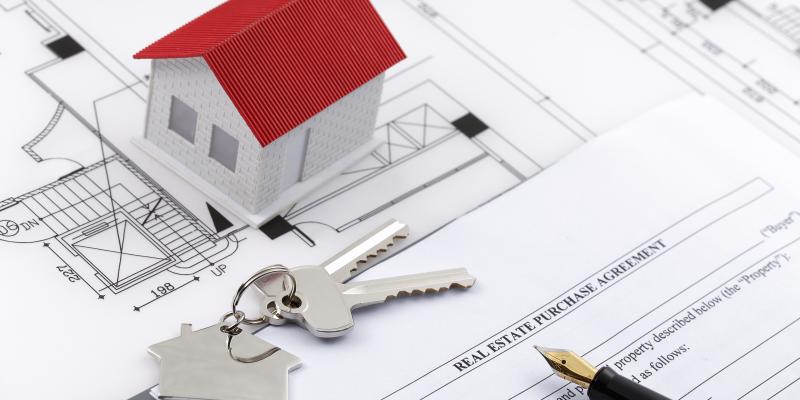
During the home buying process, being in escrow can feel like the home stretch of a marathon race. However, just because you are in escrow doesn’t mean that the home is yours, and there are many things that you should avoid doing during this time to ensure that your closing goes smoothly. Check out our list of what not to do before closing so you can have a seamless home purchase process.
Making Large Purchases
When you are getting yourself ready to move in to your new home, it can be tempting to make large purchases like appliances and furniture to put in your new place. However, making large purchases on your credit cards means taking on more debt, which has the potential to negatively affect the debt-to-income ratio that your lender used to approve your mortgage. Even if you make these purchases in cash, your lender may see a depleted bank account and decide that you don’t have enough cash on hand to cover your payments. To be on the safe side, avoid making large purchases before you close, keep your credit card balances in check and steer clear of increasing the amount of debt you have.
Being Late on Your Bills
Just because your lender already checked your credit score and credit report during your loan application process doesn’t mean that you can start letting your bills fall by the wayside now! If you start to lose track of your bills before closing, your credit score can take a hit when you need it the most! To avoid lowering your credit score and losing your home, be sure to continue to pay your bills on time to keep your credit as favorable as possible.
Changing Jobs
When you apply for a loan, your lender uses your pay stubs and employment information to ensure that you make enough money to afford your new home. Changing jobs in the middle of a home purchase can completely throw off the transaction and force your lender to reevaluate your loan approval. Since you don’t want to lose the house just because you change jobs, avoid making any employment changes until after you close. This will keep your lender happy and ensure that you can afford the home that you qualified for.
Being Careless with Credit Cards
With a down payment transaction looming, you might be tempted to put your purchases on your credit cards, but don’t fall into that trap! Maxing out your credit cards is a great way to bring your credit score down, which could impact whether you qualify for the loan. It’s a good idea to keep your credit card balances below 30% of your credit limit. In addition, don’t try to consolidate your debt or close credit cards against during this process, as this can impact your credit score and credit history as well.
Getting to closing is an exciting time, and if you follow these rules, you will have a better chance at closing without delay.
Want more home buying tips and information on buying a home in North Carolina? Learn more at www.nchfa.com/home-buyers.